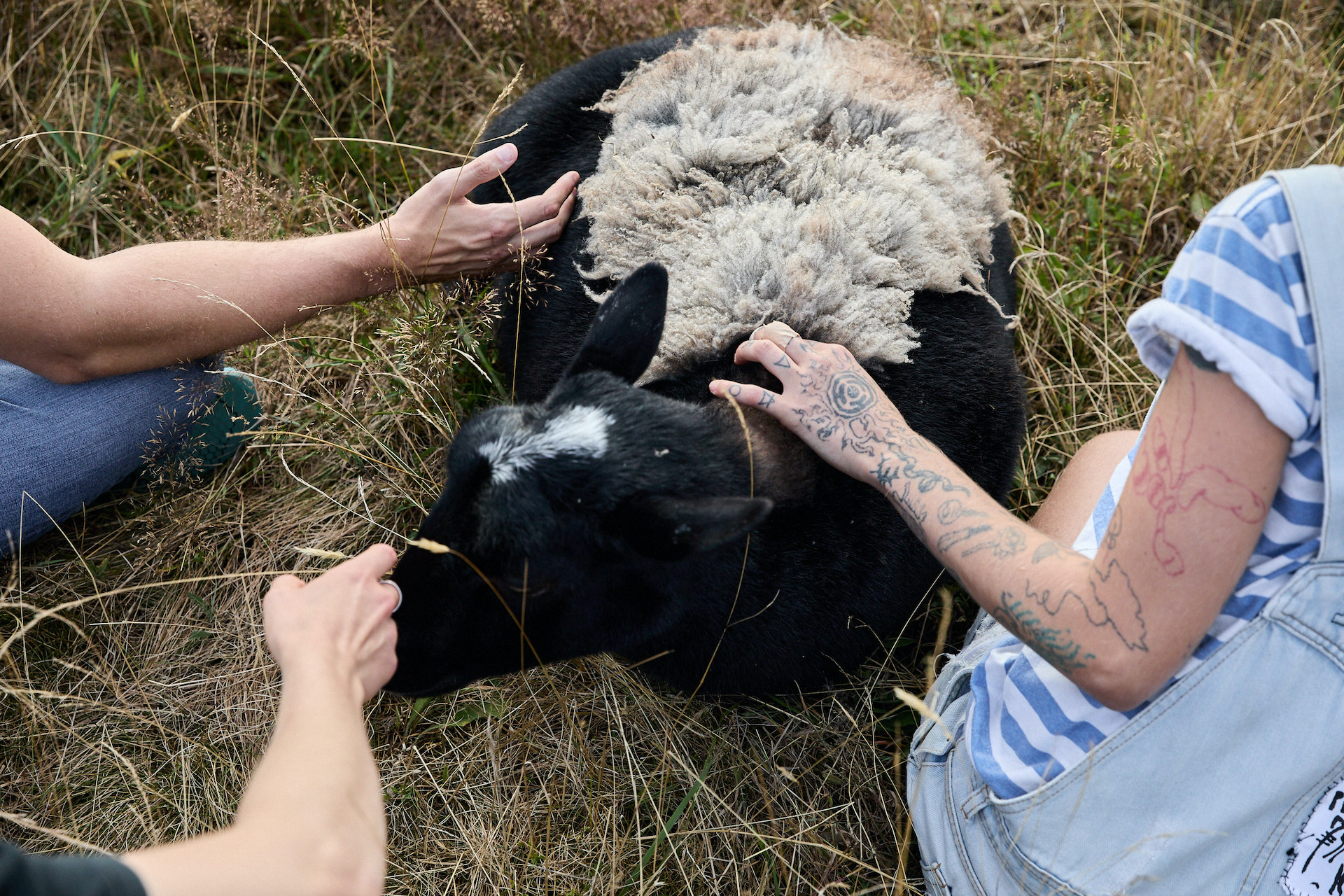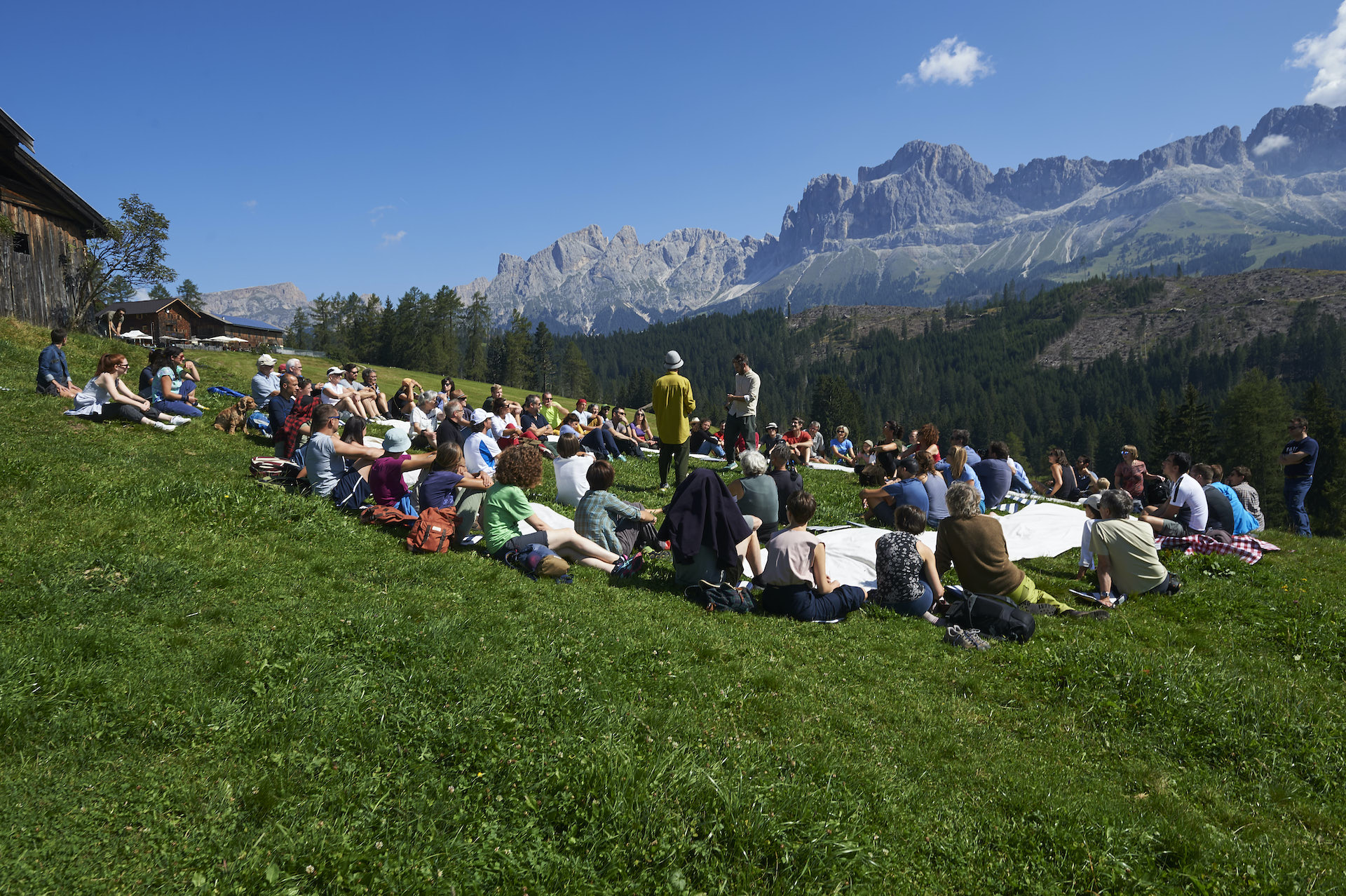



By studying pastoralism and vegetal knowledge at the intersection of art, education, regenerative agriculture, and more-than-human solidarity, Pastoral Twilight serves as an invitation to seek common multispecies culture and education that take account of endangered practices connected with care for the land and food sovereignty.
The project will include an international pastoral gathering and conference, residencies, workshops, an interdisciplinary forest symposium, and the online publication Liminal Animal.
The Pastoral Twilight project is co-funded by the European Union, under the Creative Europe programme. Views and opinions expressed are however those of the authors only and do not necessarily reflect those of the European Union or the EACEA. Neither the European Union nor the granting authority can be held responsible for them.
Photos by Jan Kolský and Gregor Khuen Belasi.